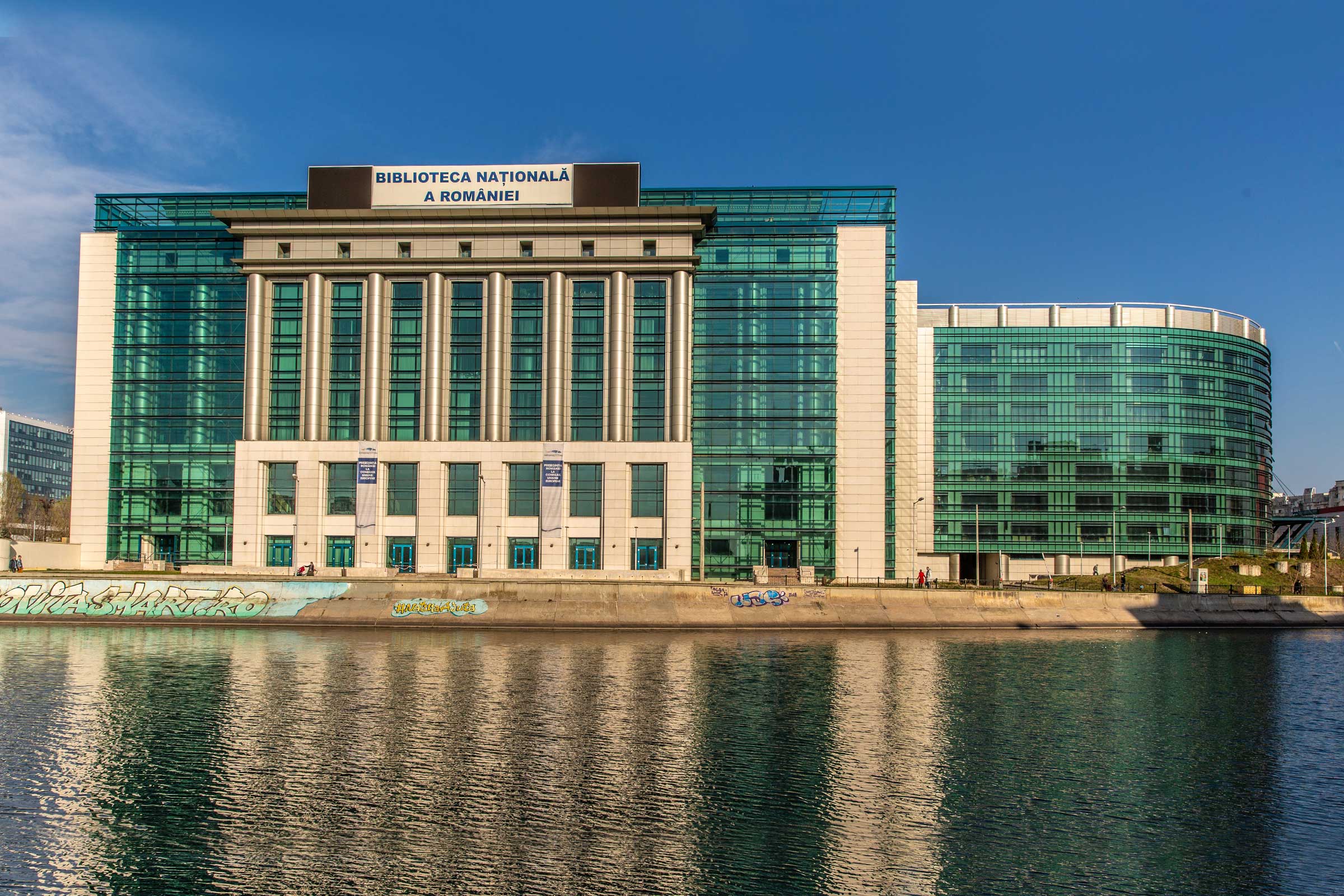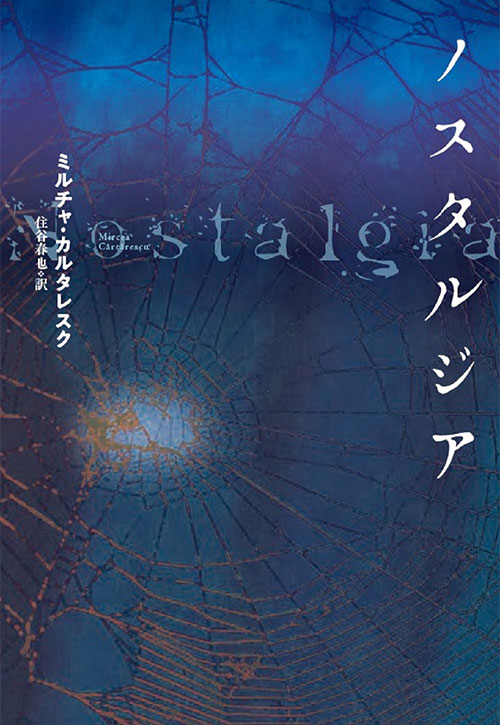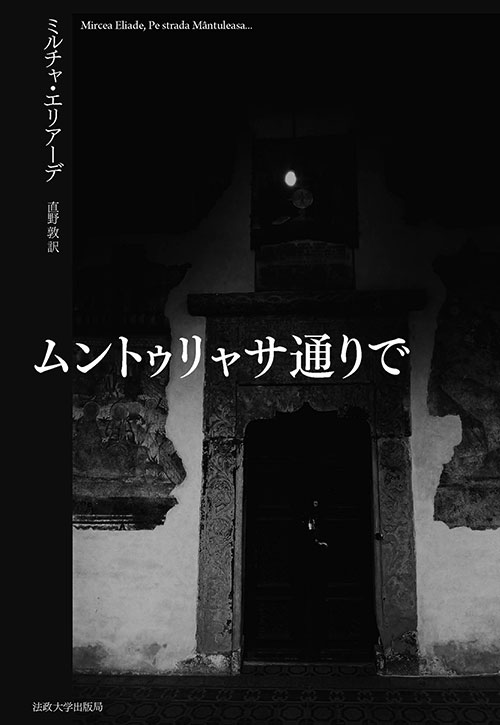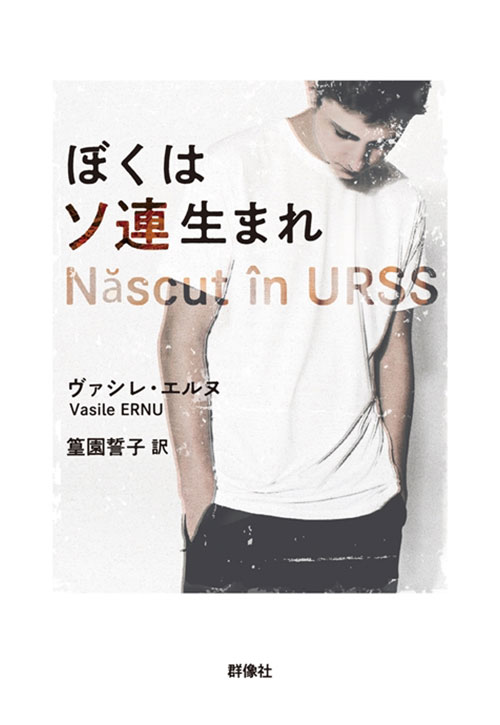
Romania National Library, Bucharest, Romania, exterior
Tettyo Saito is a Japanese author, who made his literary debut in Romanian language. Despite the fact that he has never been to Romania so far, he is deeply engaged with the Romanian literary scene. His upcoming challenge is mastering the Luxembourgish language.
This festival, held in October, pays tribute to Central and East European literature. Taking place in Timișoara, which is a gate open towards both East and West, the festival is a unique combination of cultures and a symbol of tolerance and multiculturalism in Romania. Discussion themes range from Eastern and Western cultural identities, past and present political issues, to the experience of writing in a foreign language.
The international Bookfest in Bucharest is Romanias’s largest book fair and attracts more than 100,000 people in September. It features book launches, children’s events, debates and roundtables dedicated to current issues, film screenings and several other interactive events. Each Bookfest also has an honored guest, including from Italy and Japan in recent years.
Founded in 2013, the Transylvanian Book Festival is a symposium created to build international friendships and partnerships and takes place in September. It raises international awareness of the cultural richness and diversity of Romania; its literature, history, music, food and more. Set amidst the villages and foothills of Transylvania, the festival is unique in Romania.
First held in 2012, the Festival Ana Blandiana, named after one of the most important contemporary Romanian poets, focuses on creation and interpretation and takes place in Brăila. In addition to traditional literary categories such as poetry and prose, there are also literary criticism and translation categories, which are also open to teachers who contribute to the field of literary studies. The artistic events in May end with an award ceremony.
The International Festival of Literature and Translation is a project that unites hundreds of cultural professionals in Romania. In a wide range of events, the festival aspires to strengthen its transnational dimension. Taking place in October in the city of Iasi since 2013, the festival has already become one of the most important literary festivals in Eastern Europe.
On occasion of the Romanian Culture Day, the National Poetry Award Mihai Eminescu is presented. The Ipotesti Memorial and the local authorities award the Opus Primum and the Opera Omnia to poets making their debuts as well as to established names in the Romanian literature. The Award ceremony is connected to other events such as conferences, exhibitions, and concerts.
Over the past ten years, under various names and forms, the Z9 platform has promoted and supported the latest voices in contemporary literature. At the Z9 international festival of young poetry in Sibiu, two poetry prizes are awarded: the Z9Debut and the Z9Poezie.
The Writers’ Union of Romania was created in 1909 and supports the literary scene of Romania. The union hands out annual prizes in several categories like Poetry, Prose, Essay and Literary, History, Drama, Literature for Children and Youth, Translations and Debut. There are also two prizes for literature in languages of national minorities, awarded based on proposal from the Committee on Minorities.
Established in 2018 and named after the Romanian novelist, activist and translator Sofia Nădejde, this Literary Award honors not only poetry and prose but also innovation and outstanding contributions to literature. The Awards are exclusively dedicated to literature written by women, and they are presented annually at a gala.
The Lucian Blaga Award, named after the poet Lucian Blaga, is awarded annually at the memorial house where the poet was born. Founded in 2018, the award honors outstanding works of poetry. Poets nominated for the prize read their creations at a gala and the National Poetry Award is handed out by the president of Alba Country Council, which organizes the ceremony.
The Writers’ Union of Romania was created in 1909 and supports the literary scene of Romania. The union annually awards prizes in several categories, of which translation is one.
In 2021, the Romanian Cultural Institute awarded for the first time an award for the best translation of a Romanian literary work at the International Festival of Literature and Translation (FILIT). The prize is awarded at the FILIT at the Vasile Alecsandri National Theater in Iasi.
The Cărturești literary creation scholarships and residencies are awarded to Romanian writers between 30 and 50 years of age. Four scholarships and four creative residencies are available for the categories Novel, Short story, Poetry, and Essay. There is also a special Jury Scholarship which will be awarded to one applicant.
The Romanian Cultural Institute is tasked with raising the profile of Romanian culture around the world. Launched in 2006, the Institute’s Translation and Publication Support Program (TPS) aims to facilitate access by foreign audiences to Romanian culture and support the presence of Romanian authors on the international book market by financing translation costs. The Publishing Romania program supports the production of albums, books, and magazines focused on Romanian culture.
The National Museum of Romanian Literature Iasi and the ACVO Association have launched a pilot version of the Șotron Residencies program, which supports contemporary creations in the field of children’s books. The project consists of two creative scholarships for an Ukrainian author and an Romanian author, who have published at least one children’s book. The scholarships cover transport and accommodation in the city of Iasi as well as 1000 EUR for expenses.
The Romanian Cultural Institute has launched five scholarships for translators in training. The residency program aims to nurture a new generation of translators of Romanian literature in as many foreign languages as possible and is endowed with 2,000 EUR. Scholarship holders are provided with several courses per week. During the program, the scholars will reside in the Brâncovenești palace complex in Mogoshoia.
DLITE is a platform for contemporary German and Romanian literature. One of DLITE’s objectives is to support authors of all genres in Romania by translating and publishing them in their blog as well as through interviews that bring them to the attention of the general public. A scholarship of 750 EUR is offered to writers currently working on a prose text. Applications must have permanent residence in Romania.


